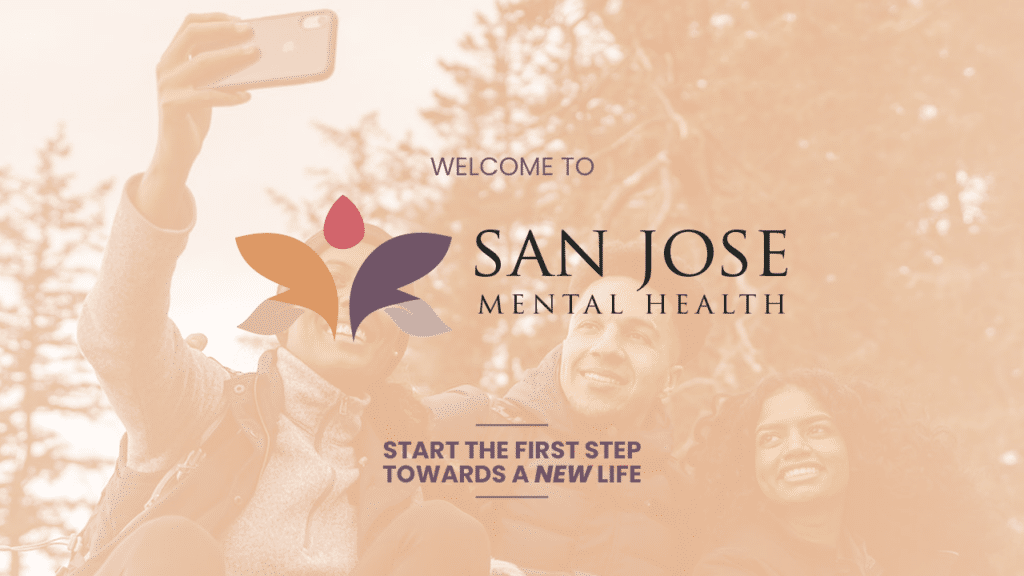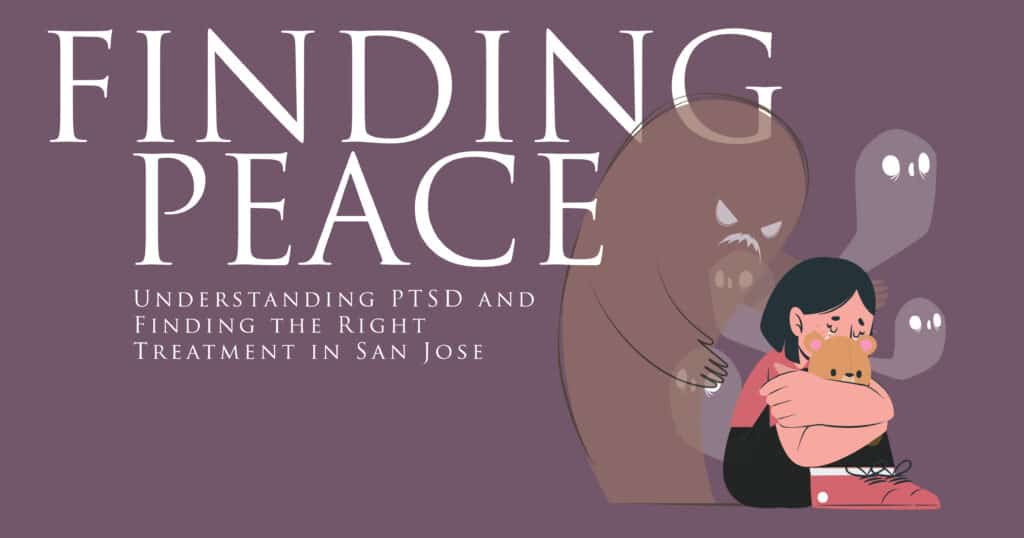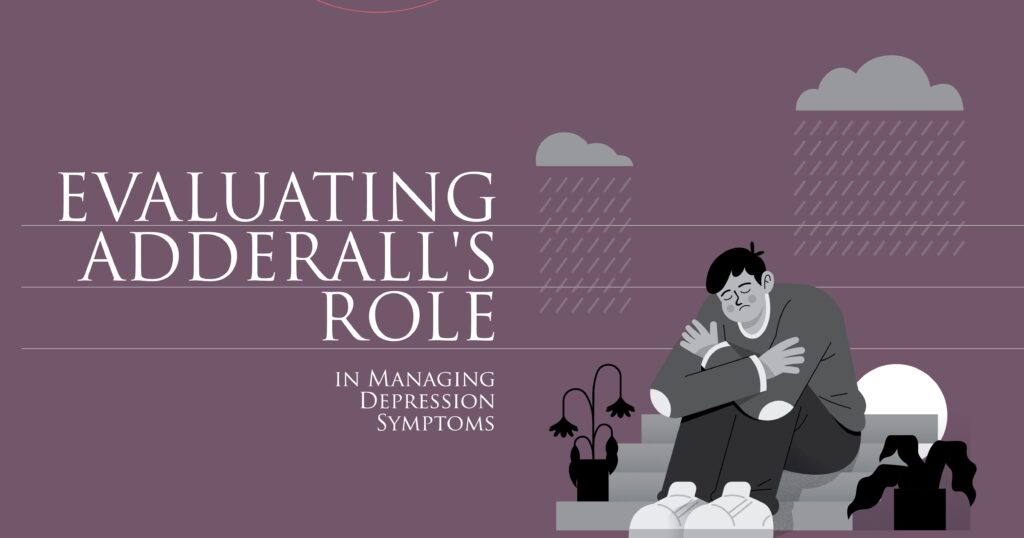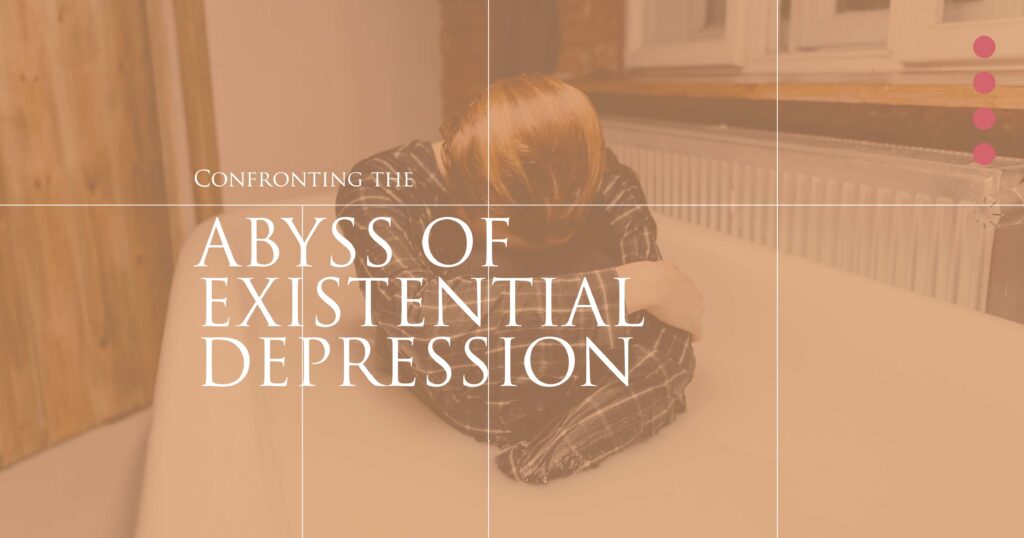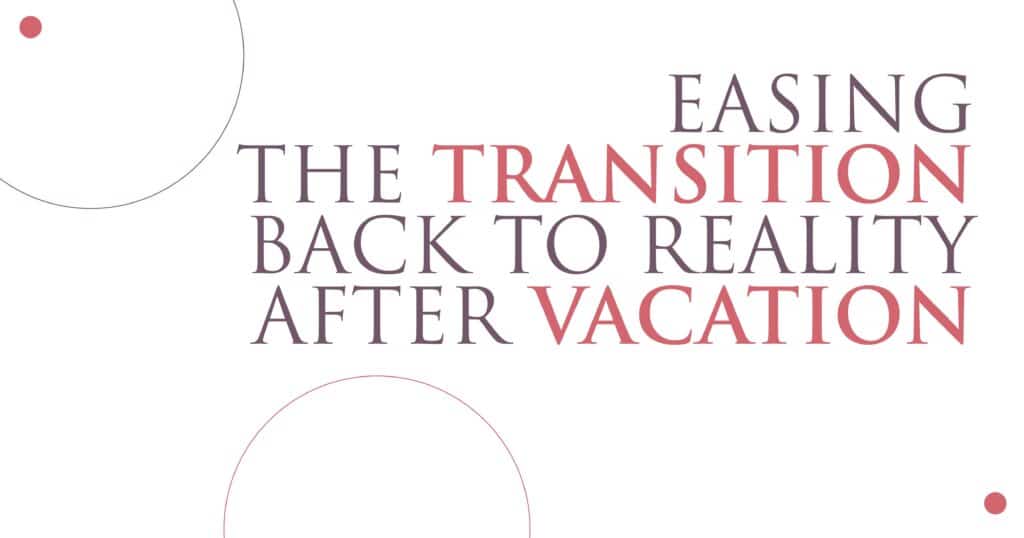Living with PTSD can feel like being stuck in a never-ending storm. It’s as if the traumatic experiences keep replaying in your mind, affecting every aspect of your daily life. PTSD can cause a range of symptoms, from distressing memories to feelings of intense fear and negative emotions. But there’s hope. Understanding PTSD and finding the right treatment in San Jose can help you navigate this storm and find calmer waters. Let’s delve into what PTSD is, its causes and symptoms, and the various effective treatments available in San Jose.
What is PTSD?
Post-Traumatic Stress Disorder (PTSD) is a mental health disorder triggered by experiencing or witnessing a dangerous event, such as childhood abuse, combat situations, or acts of terrorism. It’s not just about “getting over it” or “moving on.” PTSD can significantly impact your life, making it challenging to carry out everyday activities due to the emotional distress it causes. Many individuals also suffer from co-occurring conditions, like substance abuse or mood symptoms, complicating the healing process.
1: Causes of PTSD
PTSD can stem from various traumatic situations, including:
- Combat Exposure: Many combat veterans and active duty service members suffer from PTSD due to the intense combat experiences of war.
- Natural Disasters: Catastrophic events like earthquakes, hurricanes, and floods can leave lasting psychological scars.
- Accidents: Severe automobile accidents or other bad accidents can lead to PTSD.
- Violence: Sexual violence, intimate partner violence, personal attacks, or witnessing an act of violence can be traumatic.
- Abuse: Long-term physical abuse, sexual abuse, or child abuse can result in PTSD.
San Jose Mental Health
2: Symptoms of PTSD
PTSD manifests differently in each individual, but common symptom clusters include:
- Intrusive Memories: Experience through flashbacks, distressing dreams, or upsetting dreams, and severe anxiety.
- Avoidance: Avoidance of reminders such as places, people, or activities that remind you of the trauma.
- Negative Changes in Thinking and Mood: Negative cognitions such as exaggerated blame, hopelessness, and emotional numbness.
- Changes in Physical and Emotional Reactions: Arousal symptoms such as being easily startled, rapid breathing, difficulty sleeping, or angry outbursts.
Understanding PTSD and Finding the Right Treatment in San Jose
San Jose offers a plethora of behavioral health and psychiatric disorder treatment options tailored to help individuals manage PTSD. Let’s explore some of these in detail.
1: Therapy Options
Therapy is often the first line of treatment for PTSD. Different types of therapy can help, including:
- Cognitive Behavioral Therapy (CBT): This form of therapy helps you identify and change negative thought patterns. A related option is cognitive processing therapy, which focuses on processing trauma and reshaping harmful thoughts.
- Exposure Therapy: Gradually exposing yourself to trauma-related reminders in a controlled environment can reduce emotional response, fear, and anxiety.
- Eye Movement Desensitization and Reprocessing (EMDR): This therapy uses eye movement activity to process and integrate traumatic memories.
2: Medication
Medication can be an effective way to manage PTSD symptoms, often in conjunction with therapy.
- Antidepressant Medication: Selective serotonin reuptake inhibitors (SSRIs) and SNRIs are commonly prescribed to help manage symptoms of anxiety and mood.
- Anti-anxiety Medications: These can help reduce severe anxiety and panic attacks.
- Prazosin: Often prescribed to reduce or eliminate frightening dreams and nightmares associated with PTSD.
3: Support Groups
Connecting with others who’ve experienced similar traumas can be incredibly therapeutic.
- Peer Support Groups: Sharing experiences and coping strategies in a group setting with sexual assault victims, combat veterans, or child abuse survivors.
- Family Support Groups: Helping family members understand and support their loved ones with PTSD can be an essential part of the healing process.
Holistic Approaches to PTSD Treatment
Beyond traditional treatments, holistic approaches can play a crucial role in managing PTSD.
1: Mindfulness and Meditation
Practicing mindfulness and meditation can help ground you in the present moment, reducing psychological distress and trauma-related thoughts.
San Jose Mental Health
2: Yoga and Physical Exercise
Physical activity, especially yoga, has been shown to reduce PTSD symptoms by promoting positive emotions and reducing extreme reactions.
3: Art and Music Therapy
Expressing yourself through creative outlets like art and music can provide a therapeutic release for trauma-related reminders and emotions.
4: Acupuncture
Some individuals find relief from PTSD symptoms through acupuncture, which can help balance the body’s energy and promote healing.
Finding the Right Treatment in San Jose
When it comes to understanding PTSD and finding the right treatment in San Jose, it’s essential to find a treatment plan that works for you. Here are some steps to get started:
1: Seek Professional Help
Start by consulting with a health care provider or healthcare professional who specializes in PTSD. They can diagnose adequately and recommend the best treatment options for your needs, based on clinical practice guidelines.
2: Explore Different Therapies
Don’t be afraid to try different types of therapy, including psychotherapies over medications. Cognitive therapy, individual therapy, or even behavioral techniques like watchful waiting can be effective depending on your symptoms.
3: Build a Support System
Having a solid support system is vital. Reach out to friends, family, and caring people who can provide emotional support, or seek counseling to service members and veterans. Knowing you’re not alone can significantly impact your healing journey.
San Jose Mental Health
4: Take Care of Your Physical Health
Exercise, eat well, and get plenty of rest. Physical health is closely tied to mental health, and taking care of your body can help improve your overall well-being, including managing your stress reactions and negative affect.
FAQs About Understanding PTSD and Finding the Right Treatment in San Jose
Q: What should I look for in a PTSD therapist?
A: Look for a therapist with experience in treating PTSD, preferably with specialized training in therapies like CBT, EMDR, or exposure therapy.
Q: How long does treatment for PTSD usually take?
A: The duration of treatment varies for each individual. Some may see improvement in a few months, while others may need longer-term therapy, especially for more complex cases, such as Childbirth-Related PTSD or Complex PTSD.
Q: Can PTSD be cured entirely?
A: While PTSD might not be completely cured, it can be managed effectively with the right treatment plan, allowing individuals to lead fulfilling lives.
Q: Are there any support groups specifically for veterans in San Jose?
A: Yes, there are several veteran support groups in San Jose. Organizations like the VA and local community centers often provide these resources for active duty service members and combat veterans.
Q: How can I support a loved one with PTSD?
A: Be patient, listen without judgment, encourage them to seek professional help, and educate yourself about PTSD to better understand their experiences, including reactions to trauma like startle reaction and upsetting memories.
Conclusion
Understanding PTSD and finding the proper treatment in San Jose is a journey, but it’s one filled with hope and possibilities. Whether through therapy, medication, support groups, or holistic approaches, there are numerous paths to healing. If you or a loved one is experiencing PTSD, don’t hesitate to seek help. Remember, you’re not alone; with the proper support, you can find peace and reclaim your life. Take that first step toward healing today, and know that brighter days are ahead.
